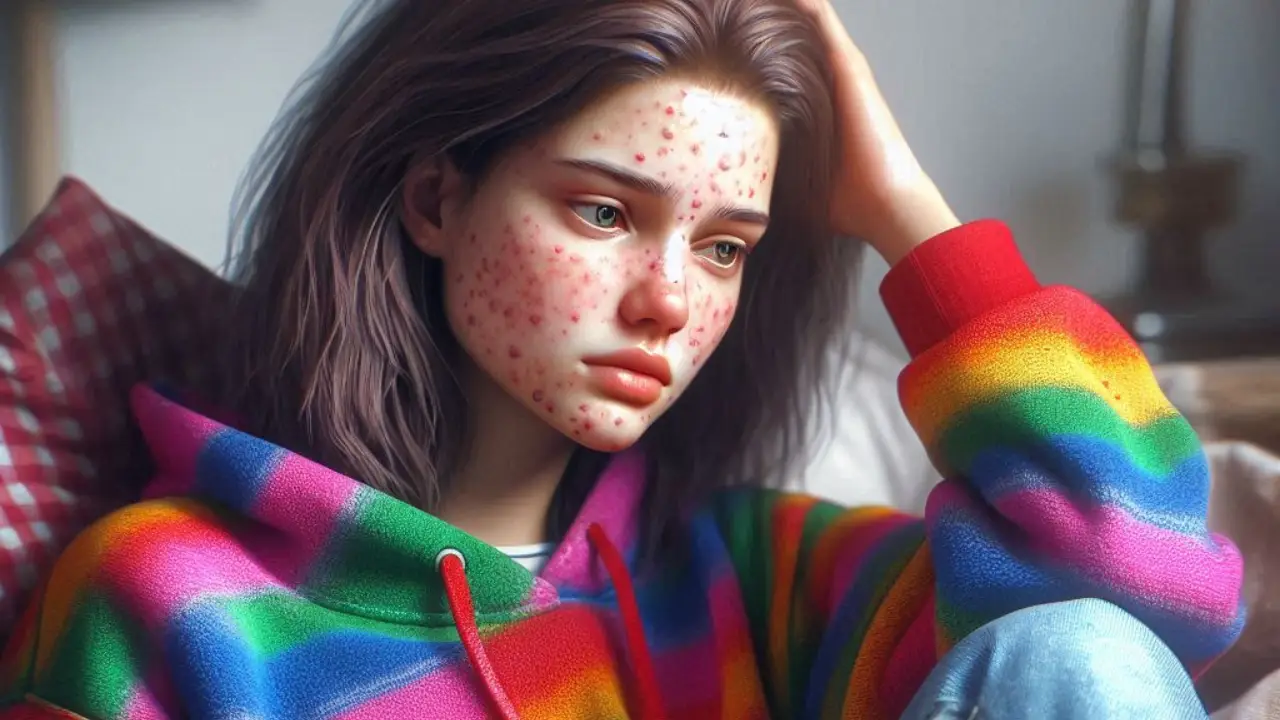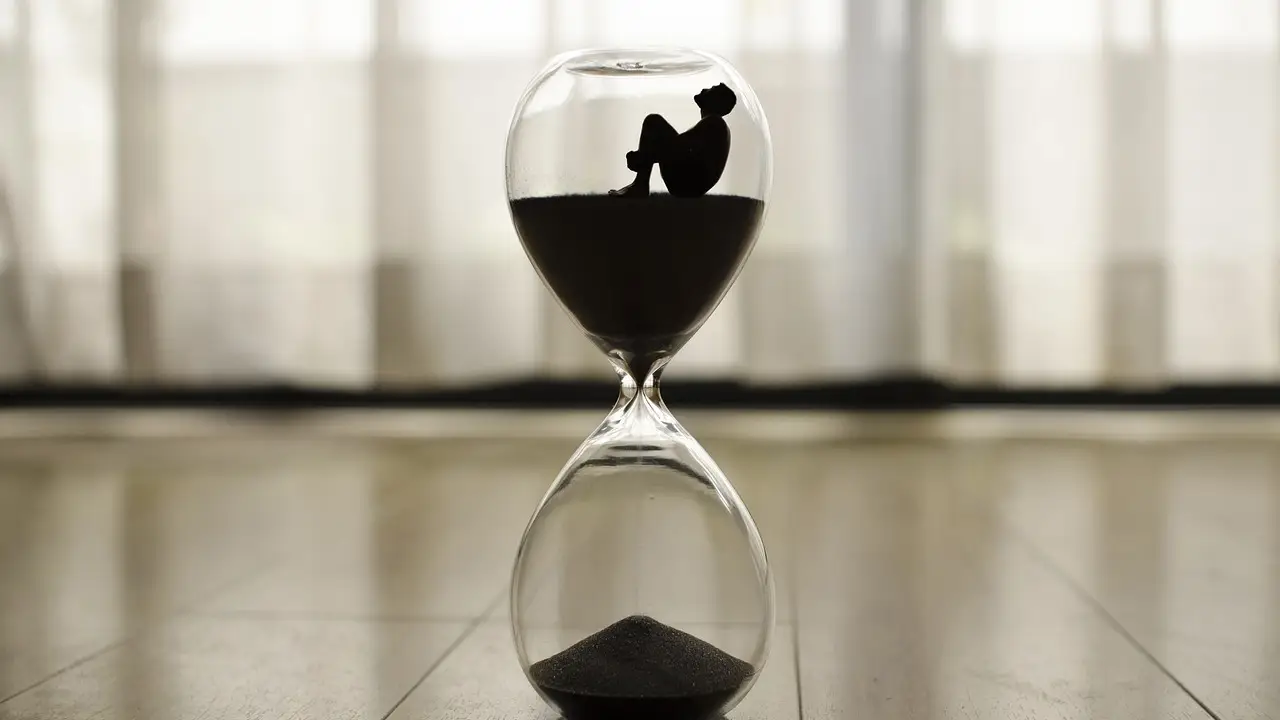Ever noticed how your skin and hair seem to have a mind of their own? One day, you’re basking in a good hair day, and the next, you’re struggling with breakouts or frizz. The culprit behind these fluctuations is often your hormones. These tiny chemical messengers or hormonal changes play a significant role in determining the health and appearance of your skin and hair.
Understanding Hormones and Their Impact
Hormones are powerful substances produced by glands in the endocrine system. They regulate various bodily functions, including metabolism, growth, and mood. When it comes to beauty, hormones like estrogen, testosterone, and cortisol can have profound effects.
Estrogen: The Glow Hormone
Estrogen is often dubbed the “glow hormone” for a reason. It helps maintain skin thickness and elasticity by boosting collagen production. High levels of estrogen generally result in smooth, hydrated skin and luscious hair. This hormone peaks during the first half of your menstrual cycle, often leaving your skin looking its best.
However, as estrogen levels decline with age, especially during menopause, skin can become thinner, drier, and more prone to wrinkles. This change also affects hair, which may become thinner and more brittle.
Testosterone: The Double-Edged Sword
While testosterone is typically associated with men, women also produce it in smaller amounts. This hormone can be both a friend and foe to your skin and hair. During puberty, an increase in testosterone can lead to oily skin and acne. Similarly, elevated testosterone levels, such as those seen in conditions like polycystic ovary syndrome (PCOS), can cause excessive hair growth on the face and body while contributing to hair thinning on the scalp.
Cortisol: The Stress Hormone
Cortisol is released in response to stress. Chronic stress and elevated cortisol levels can wreak havoc on your skin and hair. High cortisol levels can lead to increased oil production, causing breakouts and acne. It can also trigger hair shedding, leading to noticeable hair thinning over time.
Hormonal Changes Through Life Stages
Hormonal fluctuations occur throughout different life stages, and each phase brings its own set of challenges and changes for your skin and hair.
Puberty
Puberty is the first major hormonal shift most people experience. The surge in hormones, particularly androgens like testosterone, can lead to increased oil production. This often results in acne, blackheads, and greasy hair. While this phase can be frustrating, proper skincare and a healthy diet can help manage these changes.
Pregnancy
Pregnancy is a time of significant hormonal upheaval. Elevated estrogen and progesterone levels often lead to that famous “pregnancy glow,” characterized by radiant skin and thick, shiny hair. However, some women may also experience melasma (dark patches on the skin) and increased hair growth in unwanted areas.
Post-pregnancy, estrogen levels drop, which can lead to hair shedding known as postpartum hair loss. This condition usually resolves within a few months as hormone levels stabilize.
Menopause
Menopause marks the end of a woman’s reproductive years and is accompanied by a significant decline in estrogen. This decrease can lead to a host of skin and hair issues, such as dryness, thinning hair, and increased facial hair. Incorporating hydrating skincare products and possibly hormone replacement therapy (HRT) can help alleviate some of these symptoms.
Managing Hormonal Changes for Healthy Skin and Hair
While you can’t completely control your hormones, you can manage their effects on your skin and hair through lifestyle choices and targeted treatments.
Skincare Tips
Cleansing and Moisturizing: Use gentle cleansers to avoid stripping your skin of its natural oils. Moisturize regularly to keep your skin hydrated.
Sun Protection: Apply sunscreen daily to protect your skin from UV damage, which can exacerbate hormonal skin issues.
Anti-Aging Products: Incorporate products with retinoids and antioxidants to combat the signs of aging, especially post-menopause.
Hair Care Tips
Gentle Shampooing: Choose sulfate-free shampoos that are gentle on your scalp and hair.
Conditioning: Use conditioners and hair masks to keep your hair hydrated and reduce breakage.
Diet and Supplements: Maintain a balanced diet rich in vitamins and minerals that support hair health, such as biotin and omega-3 fatty acids.
Lifestyle Adjustments
Stress Management: Practice stress-relief techniques like yoga, meditation, or deep-breathing exercises to keep cortisol levels in check.
Healthy Diet: Eat a balanced diet rich in fruits, vegetables, lean proteins, and healthy fats to support overall hormonal health.
Regular Exercise: Engage in regular physical activity to help balance hormones and improve overall well-being.
Real-Life Stories
To bring these concepts to life, consider Jane, a 45-year-old woman navigating the challenges of perimenopause. Jane noticed her skin becoming drier and more prone to wrinkles. She incorporated hydrating serums and started using a retinoid cream, which helped improve her skin’s texture and appearance. She also found relief from her thinning hair by using volumizing shampoos and taking biotin supplements.
Or take Mike, a teenager dealing with acne. Mike learned that his breakouts were linked to hormonal changes during puberty. By adopting a consistent skincare routine with salicylic acid cleansers and non-comedogenic moisturizers, he managed to keep his skin clearer.
These stories remind us that while hormonal changes can be challenging, there are effective strategies to manage their impact on our skin and hair.
Conclusion
Understanding the intricate relationship between hormones and your beauty can empower you to take better care of your skin and hair. By recognizing the signs of hormonal changes and adopting targeted skincare and hair care routines, you can navigate these shifts more smoothly.
Embrace the journey and remember that each phase of life brings new opportunities to learn and adapt. Share your experiences and tips in the comments below – we’d love to hear your stories and how you’ve managed hormonal changes!





